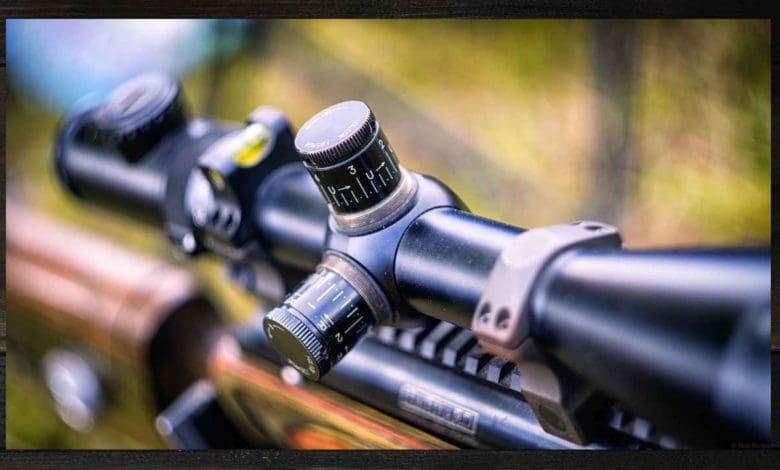Tips from the Experts: How to Clean your Gun

Introduction
It’s possible that there are beings that adore cleaning firearms in a galaxy far, far away. Even with our society’s diversity and derangement, there may be a few folks that share the same sentiment. They aren’t one of them, and I am not one of them. Cleaning weapons is not enjoyable, but it is frequently essential.
Let’s have a look at when cleaning a gun is important before we get into how to clean a pistol. Gun cleaning is something that many veterans have done. However, simply because a gun has been discharged does not need cleaning. It is for training that the military and Grandpas insist on cleaning all the time. They want you to be able to do it on your own.
Why clean your gun?
Cleaning your gun is an essential element of gun safety and maintenance. Experts also feel that a clean barrel improves shooting accuracy because dust and gunpowder deposits can change the intended trajectory of a bullet.
The time you spend disassembling and cleaning your gun is an investment that will help you understand more about how your weapon works mechanically. This is also an excellent time to look for weaknesses that might lead to a dangerous situation.
Cleaning properly, which includes avoiding the two fatal enemies of firearms: salt and water, guarantees that all systems work as intended, preventing seizing, extending the weapon’s general condition, and safeguarding its visual appeal. Let’s dive in to the few simple steps of cleaning your firearm.
1. Using the right solutions
There are three types of firearm maintenance solutions: cleaning, lubricating, and protecting (this is where the acronym CLP came from). Cleaning solutions are solvents designed to dissolve carbon, copper, and/or lead fouling. Lubricants are meant to allow gun components to move more freely while reducing wear. Corrosion can be slowed down with the use of protection mixes.
2. Right timing
When discussing a combat firearm, it’s important to remember that it’s more likely to be carried than shot. Rather than their triggers being pulled, they frequently require cleaning owing to the environment they dwell in. This is a great point, because defensive guns are frequently treated like first-aid kits and fire extinguishers: they’re maintained nearby but rarely used.
Firearms that might be used at any moment should be inspected on a regular basis. Give your carry gun a quick once-over every day. Weekly inspections of the behind-the-kitchen-door or truck gun are recommended to check for debris or rust.
Your firearm should be field-stripped and cleaned at the conclusion of each day when attending a training class or after finishing an extended range session. This preserves your gun in working condition so you can focus on how to shoot rather than cleaning it during class. It also allows you to spot signs of excessive wear or possible difficulties.
3. Doing it the right way
The first step is to remove all fouling and debris. Moore loves to immerse a dismantled firearm in a vat before reassembling it. Most shooters don’t have access to such a facility, but sonic cleaners are a fantastic alternative. They’re also less time-consuming than a toothbrush drenched in solvent. An air compressor is also quite useful, especially for weapons that have been encrusted with dirt. A rod, a brush, patches, bore solvent, and some hard effort will be required for the bore.
Many shooters make errors when it comes to lubrication. “More is not better,” as the old saying goes. Yes, Grandpa used a half-can of 3-in-1 Oil to lubricate his rusty fence pliers or shotgun, and your father most likely used WD-40 liberally on any moving metal element. However, when it comes to weaponry, too much isn’t always a good thing.
The final phase is protection. After you’ve cleaned your rifle, you’ll need to apply a protective coating to keep it from corroding. How the gun will be used, how it will be stored, and where it will be used all go into your decision on which protectant to use and how much to use. In high-humidity areas, especially near seawater, you’ll need greater protection. Regardless, don’t be overly enthusiastic about the application. Only a light layer remains after rubbing it on and wiping it away.
4. Taking good care of your tools
Firearms are meant to be used as tools. Recreational shooters, competitive shooters, soldiers, cops, and hunters all use them. Firearms are weapons for defense, and how you use them will determine how often and how thorough you should clean, lubricate, and protect them. Grandpa may have had differing opinions on how to apply various lubricants, but he did know one thing: if you don’t take care of your tools, they would fail you.
Interested to know more in-depth information about your firearm? Visit Peak Firearms for more firearm related review and information.
